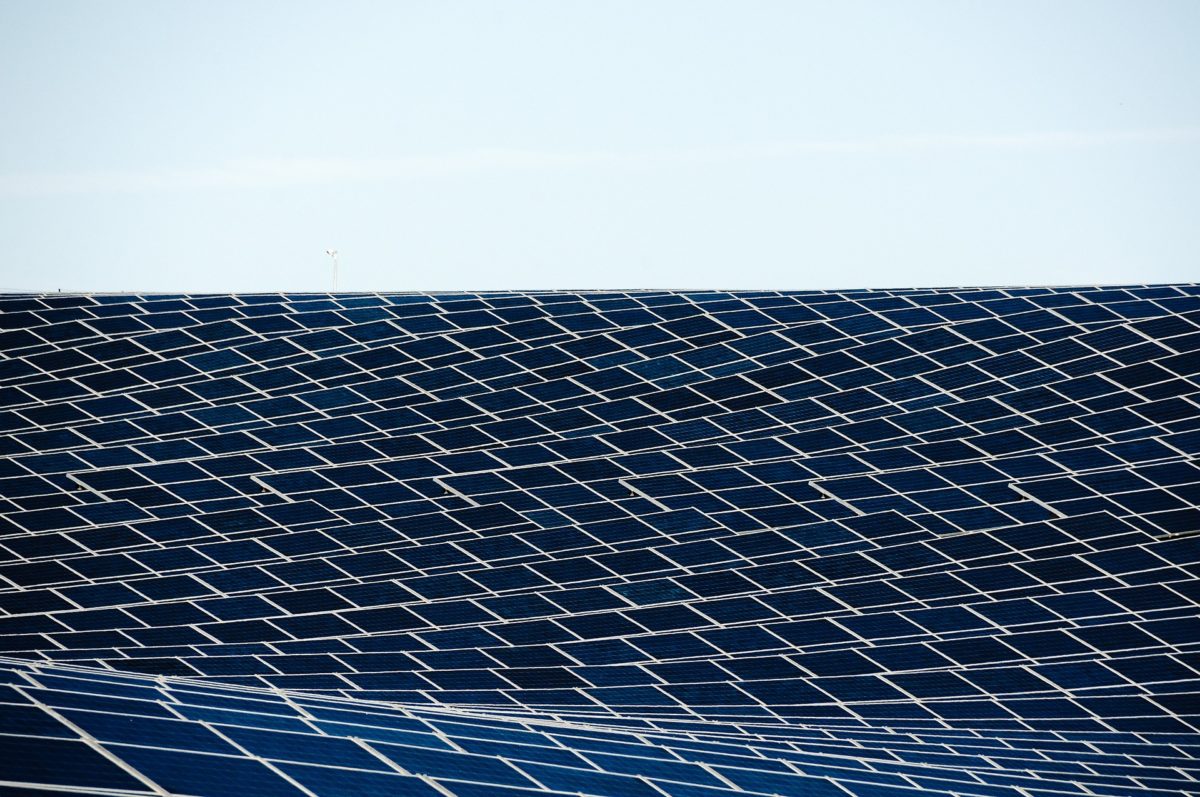The South African Department of Mineral Resources (DMRE) launched a tech-neutral procurement process for 2 GW of capacity in August 2020, in response to a chronic short-term electricity supply gap that has been affecting the country and its mining sector. Renewable energy developers were also allowed to participate.
The Risk Mitigation Independent Power Producer Procurement Programme (RMIPPPP), was able to attract 28 bid responses with a potential contracted capacity of approximately 5.12 GW. The DMRE selected eight preferred bids totaling 1.85 GW. Around 60% of the 2 GW tender capacity was awarded to several floating power plants powered by liquefied natural gas, but several PV projects were ultimately selected and they had to compete in ensuring a certain level of local content requirements – not only with other technologies, but also with each other.
“Local content under the program is calculated as a percentage of total project value,” Chris Ahlfeldt, an energy specialist at Blue Horizon Energy Consulting Services, told pv magazine. “The RMIPPPP provides detailed local content requirements for 14 components plus subcomponents that might be used in the power projects such as electric cables and steel products.”
Ahlfeldt said that the Solar PV System and Components category requires a 15% total local content threshold and specifies subcomponents with their own thresholds.
“For example, the module frames, DC combiner boxes, and mounting structures thresholds are 65% or higher suggesting that most of this equipment should be made locally,” Ahlfeldt explained. “It also specifies that 15% of laminated PV modules need to be sourced locally, however, most of the local solar PV lamination and assembly capacity in the country went out of business due to the long delays in previous government procurement rounds.”
Engineering News has reported that these rules did not apply to all module providers, however, as companies such as ARTsolar and Seraphim Solar South Africa – a unit of Vietnamese supplier Seraphim – were reportedly granted exemptions by the Department of Trade, Industry and Competition (DTIC). Competing supplier Suntech Solar Power South Africa also filed a lawsuit, in which it describes the exemptions as “unlawful.”
The South African media outlet said that Suntech Solar has noted that the exemption granted to the two companies excluded all other module suppliers from competitively participating in the RMIPPPP.
“(It) forces preferred bidders to procure from ARTsolar and Seraphim and its Chinese partners, LONGi Solar and Seraphim China,” Engineering News cited Suntech Solar as saying in the lawsuit.
Suntech Solar also reportedly said that the exemption was granted in May, two months after the preferred bidders were announced, and without industry consultations.
In a statement to pv magazine, ARTSolar CEO Viren Gosai said that the company has taken the necessary steps to instruct its attorneys to oppose the relief sought in the court application, which is what the Engineering News article focuses on.
“It is our view that there remains no basis for the relief sought in the Court Application and we thus look forward to the court adjudicating on the matter and placing our assertions beyond doubt,” he said. Seraphim had not responded to pv magazine‘s request to provide a statement on the matter at the time of publication.
According to Ahlfeldt, another problem related to local content requirements in the auction is that technologies such as floating LNG have been given the aforementioned exemption.
“The powerships have been given a local content exemption from the DTIC for local manufacturing since they are built overseas and docked at several ports in the country,” he said. “They'll also depend primarily on imported LNG fuel, so it's difficult to understand how these projects would meet local economic development or environmental goals of the country.”
Ahlfeldt said he believes that solar and wind resources can both provide less expensive and clean electricity for the country, but noted that it's unclear why the DMRE wants to sign 20-year PPAs for these LNG powerships. He also said that a sustainable local solar PV manufacturing industry in South Africa will require consistent local demand to compete on cost and quality with larger international manufacturers.
“Reliable annual procurement from the government would help create this demand,” he concluded.
This content is protected by copyright and may not be reused. If you want to cooperate with us and would like to reuse some of our content, please contact: editors@pv-magazine.com.




By submitting this form you agree to pv magazine using your data for the purposes of publishing your comment.
Your personal data will only be disclosed or otherwise transmitted to third parties for the purposes of spam filtering or if this is necessary for technical maintenance of the website. Any other transfer to third parties will not take place unless this is justified on the basis of applicable data protection regulations or if pv magazine is legally obliged to do so.
You may revoke this consent at any time with effect for the future, in which case your personal data will be deleted immediately. Otherwise, your data will be deleted if pv magazine has processed your request or the purpose of data storage is fulfilled.
Further information on data privacy can be found in our Data Protection Policy.